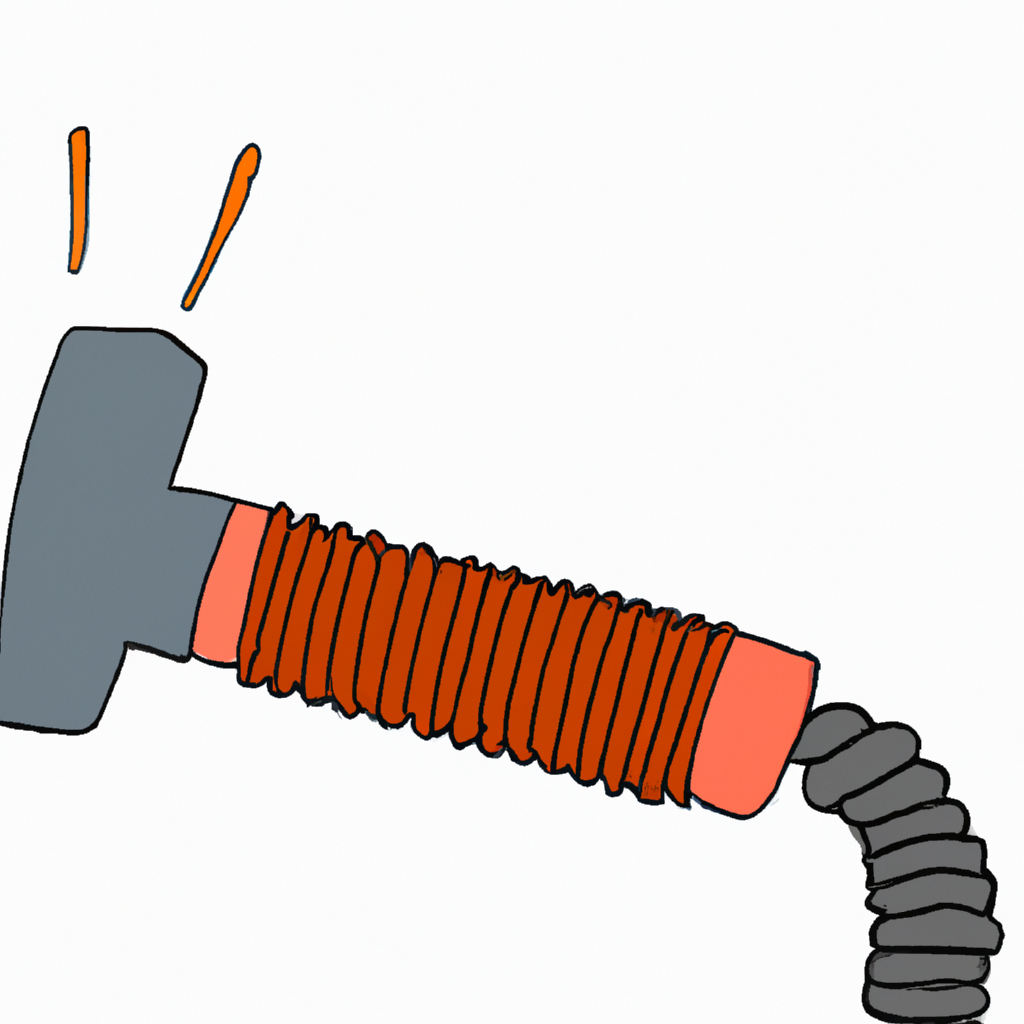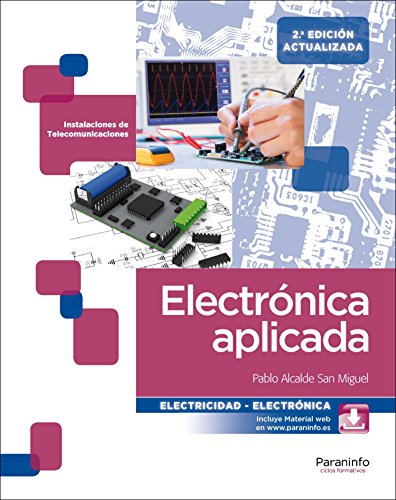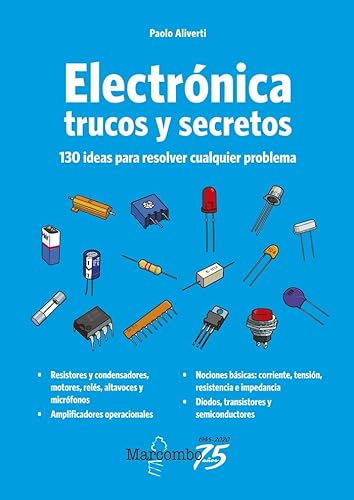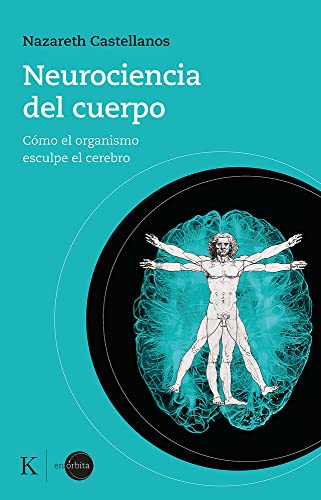¿Qué es un ejemplo de una muletilla?

Una muletilla es una frase o expresión que se utiliza de manera repetitiva en un discurso o conversación, sin tener un propósito claro o relevante. Es varias veces utilizada como una forma de llenar espacio en la comunicación oral y puede resultar molesta o tediosa para aquellos que la escuchan.
Un ejemplo claro de una muletilla muy común es la famosa expresión "ehhh", que se utiliza como una pausa para pensar o encontrar las palabras adecuadas durante una conversación. Esta muletilla es tan frecuente en el habla cotidiana que a menudo pasa desapercibida, pero su uso excesivo puede resultar molesto para los demás.
Otro ejemplo de muletilla es la palabra "bueno", que se utiliza de manera inconsciente como un conector entre frases o ideas en un discurso. Aunque puede ser útil para mantener la fluidez del discurso, su uso excesivo puede dar la impresión de falta de preparación o de pensamiento poco profundo.
En el ámbito empresarial, una muletilla muy utilizada es la frase "en realidad", que a menudo se emplea para enfatizar un punto o aclarar una idea. Sin embargo, cuando se utiliza en exceso, puede restar credibilidad a la persona que la pronuncia, ya que puede parecer que está tratando de ganar tiempo o esconder la falta de conocimiento sobre un tema.
En resumen, una muletilla es una frase o expresión que se utiliza de manera repetitiva y sin un propósito claro en la comunicación oral. Ejemplos comunes de muletillas incluyen palabras como "ehhh", "bueno" y "en realidad". Aunque estas expresiones pueden ser útiles en ciertos contextos, su uso excesivo puede resultar molesto o restar credibilidad a quien las utiliza. Es importante aprender a comunicarse de manera clara y precisa, evitando el uso excesivo de muletillas.
How do you say muletilla in English?
How do you say muletilla in English?
Muletilla is a term that comes from the Spanish language and refers to a linguistic phenomenon. It consists of the repetition of a word, phrase, or sound in a conversation, usually used unconsciously or as a way to fill pauses. Muletilla serves different purposes, such as giving the speaker time to think, expressing uncertainty, or creating a sense of familiarity.
In English, the equivalent term for muletilla could be "verbal tic" or "verbal crutch." These expressions convey the meaning of using repetitive phrases or words in a conversation. It is important to note that muletilla is not considered proper speech or good communication practice, as it can hinder clarity and make the speaker appear less confident.
Using muletillas excessively can be perceived negatively in English-speaking cultures as it may indicate a lack of fluency or poor communication skills. However, it is quite common for people to use occasional muletillas without even realizing it. Some examples of common muletillas in English include "like," "you know," "um," and "uh." These words are used to fill pauses in speech or as a way to gather one's thoughts.
In conclusion, when trying to express the concept of "muletilla" in English, the terms "verbal tic" or "verbal crutch" can be used. It is important to remember that using muletillas excessively is not recommended, as they may hinder effective communication and make the speaker seem less confident.
Is Como a filler word?
Como is a Spanish word that is often used as a filler word. It is similar to the English word "like" and is commonly used in informal speech. However, it can also have other meanings and uses.
One of the main uses of como as a filler word is to give speakers time to think or organize their thoughts. It is often used when someone is trying to recall information or when they are unsure of what to say next. For example, someone might say "Estaba caminando por la calle y como... no sé, me encontré con un amigo" (I was walking down the street and, like... I don't know, I bumped into a friend).
Another common use of como is to compare things or express similarity. It can be used to equate two things or indicate that something is similar to something else. For instance, someone might say "Ella es como una hermana para mí" (She's like a sister to me) or "Me gusta el chocolate como el helado" (I like chocolate, like ice cream).
Como can also be used to introduce examples or explain something further. It is often used in sentences where the speaker wants to provide additional information or give an example. For example, someone might say "Voy a tomar un café como siempre" (I'm going to have a coffee, like always) or "Hay muchas opciones como pescado, pollo o carne" (There are many options, like fish, chicken, or meat).
It's important to note that while como is widely used as a filler word in informal speech, it may not be appropriate in formal contexts. In formal writing or professional situations, it's best to use more precise and specific words to convey meaning.
Electrónica

Microscopio Digital USB 40X a 1000X, Bysameyee 8 LED Cámara de endoscopio de Aumento con Estuche y Soporte de Metal, Compatible para Android Windows 7 8 10 Linux Mac
- Capturar, grabar y medir: conectado este microscopio portátil a los dispositivos, puede capturar imágenes de captura de pantalla e incluso grabar un video con el software instalado. Tenga en cuenta que el software de medición solo funciona para usuarios de WINDOWS.
- Amplia gama de aplicaciones: el microscopio USB Bysameyee es una herramienta útil y divertida para niños, estudiantes, ingenieros, inventores, coleccionistas para magnificar las micro cosas como monedas, piel, insectos, PCB, pelos.
- Compatibilidad fuerte: Mac OS X 10.5, Windows XP, kernels de Linux 2.6.26 y superior, teléfonos Android con función OTG. (¿Cómo verificar OTG? Descargue la aplicación gratuita "USB OTG Checker"). Este microscopio no funciona con iPhone.
- Luz ajustable: 8 luces LED incorporadas, puede controlar el brillo de la luz fácilmente con la perilla de control del cable de atenuación LED. Brille a través de un difusor, la luz LED es suave y no deslumbra a través del objeto que se está viendo.
- Fácil de usar y llevar: instale el software, conéctelo a su dispositivo, ahora puede explorar el mundo microscópico con esta cámara de microscopio. El soporte de metal, el adaptador OTG, la regla, el controlador y el maletín de transporte se proporcionan para aplicaciones de usos múltiples.


Electrónica aplicada 2.ª edición (ELECTRICIDAD Y ELECTRONICA)


Electrónica. Trucos y secretos: 1 (LSWR)


WOWGO 60W Kit Soldador de Estaño Eléctrica con 5 Puntas, 24 Piezas, Temperatura Ajustable, Multímetro Digital, Soporte, Alambre de Soldadura, Bomba de Desoldar, Bolsa de Herramientas etc
- 【Soldador de Primera Calidad】 este soldador de 60W 220V se calienta muy rápido con la tecnología de cerámica de calentamiento interno; 4 orificios de ventilación y rosca de diseño resistente al calor, consiguen una disipación del calor más eficiente y una soldadura más segura; equipado con un interruptor de temperatura con rango de 200 ℃ a 450 ℃, fácil de ajustar la temperatura
- 【Kit Completo de Soldador】el soporte estándar de soldador de doble resorte con esponja puede limpiar fácilmente la mancha en las puntas, prolongar su vida útil y proteger a los usuarios de las quemaduras; Tiene una base segura, que es más segura que cualquier otro soporte de soldadura delgado; viene con 5 puntas intercambiables (900M-TB, 900M-T-2.4D, 900M-TK, 900M-T-3C, 900M-TI) para diferentes soldaduras necesariamente
- 【Alambre de Estaño para Soldadura + Bomba de Desoldar】 12 g 1.0mm El alambre de soldadura viene en un tubo de plástico, con una temperatura de soldadura de 240 ℃ a 250 ℃, punto de fusión 183 ℃; La bomba de desoldar con diseño de botón de succión, permite un uso fácil con una sola mano, lo mejor para eliminar la soldadura
- 【Multímetro Digital Multifuncional】 práctico para medir voltaje DC&AC, corriente DC y AC, resistencia, diodo, transistor HFE, medición de temperatura y prueba de continuidad; Con una gran pantalla LCD y luz de fondo, fácil de leer los datos en múltiples entornos
- 【Accesorios Prácticos + Bolsa de Transporte Portátil】 múltiples accesorios (destornillador de dos vías, alicates pequeños + llave inglesa, pinzas, cortador de pelacables, muñequera antiestática, cinta aislante, 2 cables eléctricos) están embalados de manera segura en una bolsa de PU de moda. perfecto para trabajos electrónicos en el aula, reparación de electrodomésticos, pirograbado, reparación de computadoras / teléfonos y más; Gran regalo para aficionados tanto profesionales como de bricolaje

libros

Trilogía Culpables (Culpables) (Ficción), versión en español


El problema final


Las hijas de la criada: Premio Planeta 2023 (Autores Españoles e Iberoamericanos)


Neurociencia del cuerpo: Cómo el organismo esculpe el cerebro (En órbita)

ropa

adidas Entrada 22 Sweat Hoodie Sudadera con Capucha, Hombre, White/Black, M
- Ajuste regular
- Detalles distintivos de la marca
- Ortega liberdad de movimentos
- Tiene detalles distintivos de la marca


Joma Sudadera Faraon Negro Media Cremallera, Hombre, Negro-100, 2XL
- Talla del pecho: pequeña: 86-94 cm, mediana: 94-102 cm, grande: 102-110 cm, XL: 110-114 cm, XXL: 114 cm.
- Mayores resistencia a las arrugas, durabilidad y retención del color; perfecta para practicar deporte.
- Cremallera de un cuarto para cerrar o abrir la sudadera en función del aire.
- Puños y bajo acanalados para garantizar la comodidad y la practicidad.
- Logotipo de Joma en la parte derecha del pecho.


Joma Cleo II Pantalon Largo Deportivo, Hombre, Marino, XL
- Tejido transpirable
- Cuenta con bolsillos con cremallera
- Ofrece comodidad y libertad de movimiento
- Tiene detalles distintivos de la marca


Joma Combi - Camiseta de Manga Corta, Hombre, Negro, XL
- Camiseta de manga corta indicada para deportistas que buscan la máxima comodidad y transpirabilidad
- Realizada en poliéster, para una mayor resistencia
- Esta camiseta destaca por un tacto muy suave, por su secado rápido y sin arrugas
- El tejido Interlock es muy elástico, dirigido a ropa deportiva
